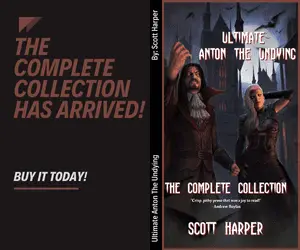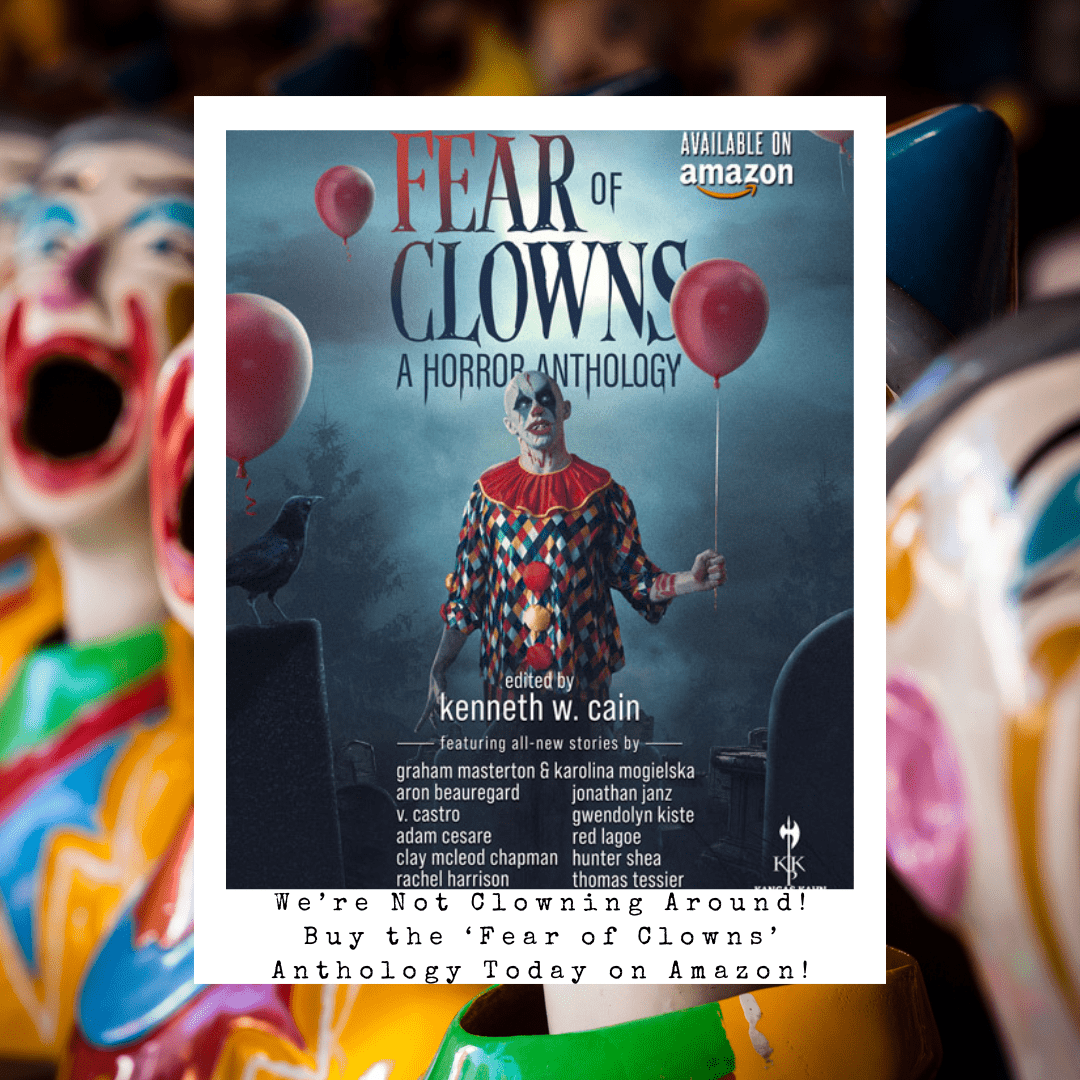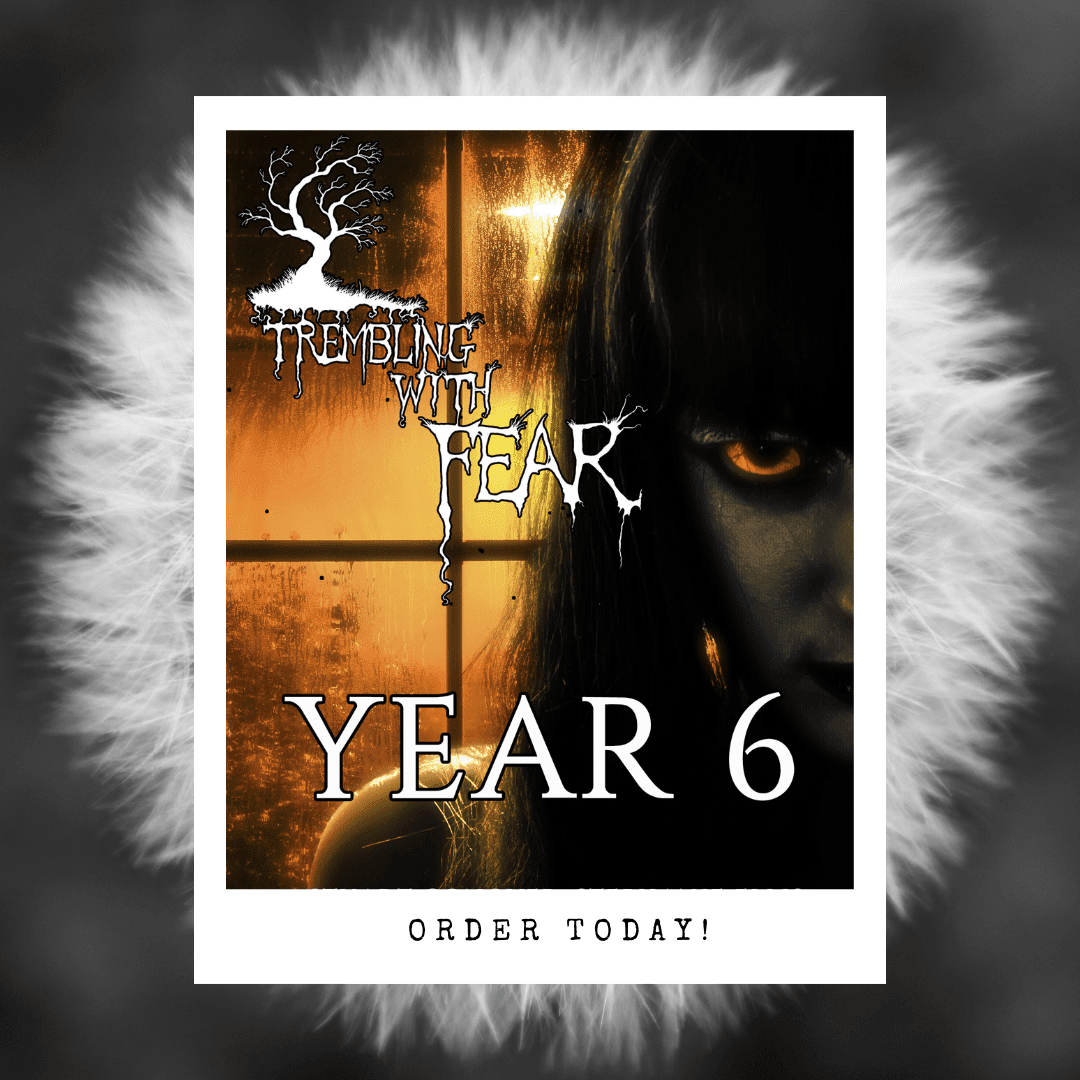My Book is Coming Out This Month. Here are Ten Things I Learned on the Way to Getting Published.
My Book is Coming Out This Month. Here are Ten Things I Learned on the Way to Getting Published.
For all you writers out there currently embarking (or getting ready to embark) on this potentially soul-battering journey, I hope this helps you get your book on track. At the very least, just know you’re not alone in this.
By Luisa Colón
My horror novel, Bad Moon Rising, is coming out this month. How many years have I waited to be able to say those words? I can tell you exactly, because I’ve been counting. It’s been almost eight years since I started writing my book. The path to publication, while ultimately resulting in the most rewarding creative project I’ve ever done, has been, quite frankly, torturous. Here are some things I learned along the way that might be helpful.






 In 2006, at the urging of my wife, I began writing young adult fiction. Not horror per se, but books that featured teenage werewolves where the conflict was more about teenage problems than supernatural horror. The first book in the series, WOLF PACK was a big success, winning both the Aurora and Silver Birch Awards. The Silver Birch was a big one because there had to be 5,000 copies in print for the book to be on the award ballot, and there were four printings and 10,000 copies in print by the time the award was presented. That made the book the bestselling title for Tundra Books that year and encouraged the publisher to allow me to write three other books in the series, LONE WOLF, CRY WOLF, and WOLF MAN.
In 2006, at the urging of my wife, I began writing young adult fiction. Not horror per se, but books that featured teenage werewolves where the conflict was more about teenage problems than supernatural horror. The first book in the series, WOLF PACK was a big success, winning both the Aurora and Silver Birch Awards. The Silver Birch was a big one because there had to be 5,000 copies in print for the book to be on the award ballot, and there were four printings and 10,000 copies in print by the time the award was presented. That made the book the bestselling title for Tundra Books that year and encouraged the publisher to allow me to write three other books in the series, LONE WOLF, CRY WOLF, and WOLF MAN.







